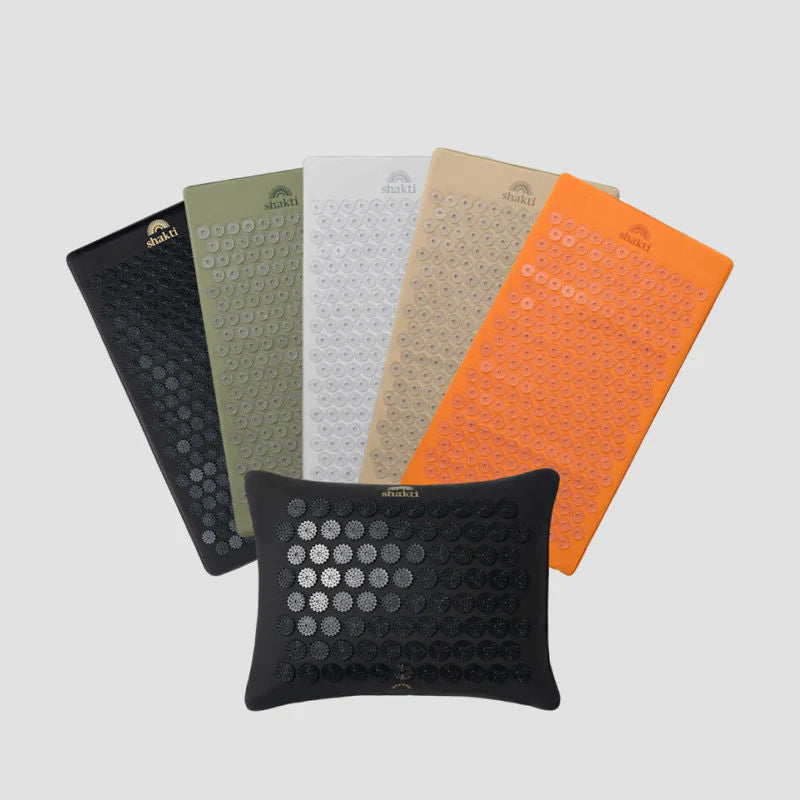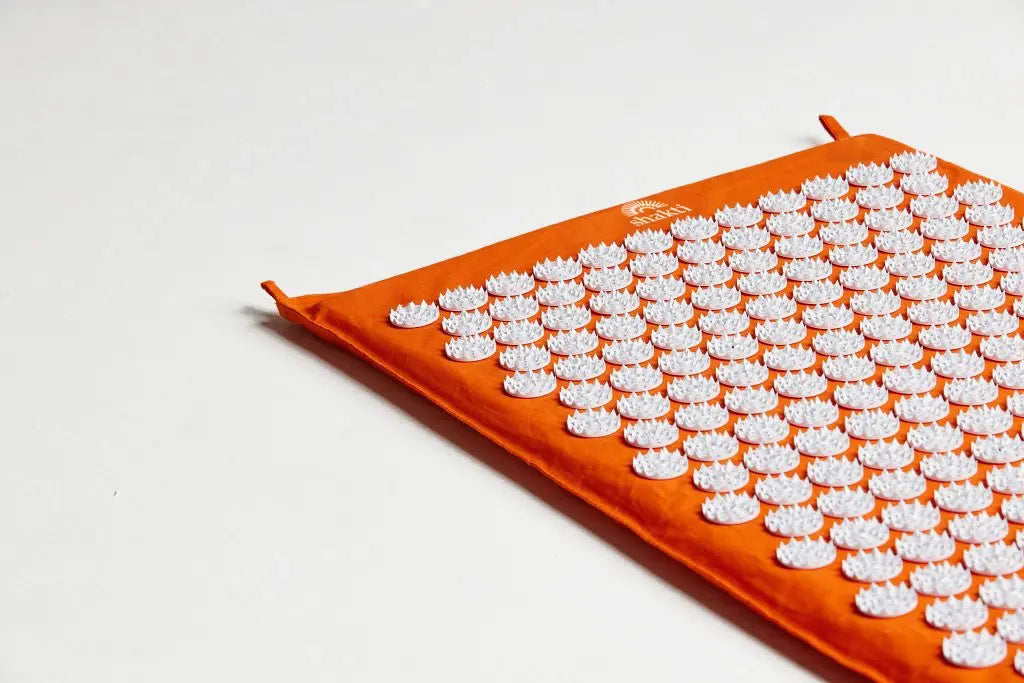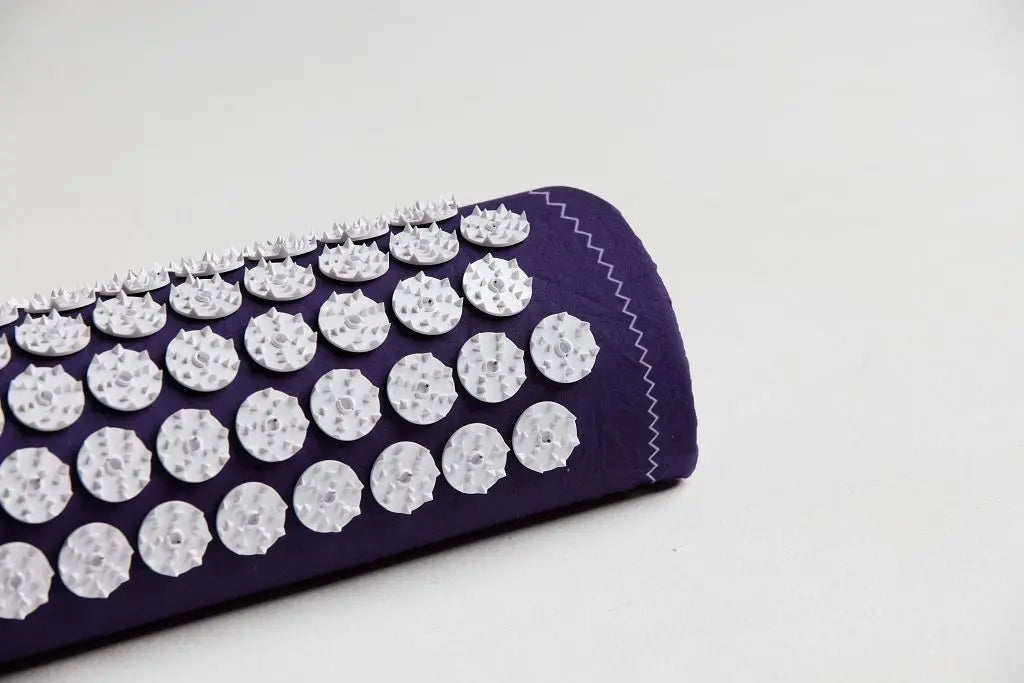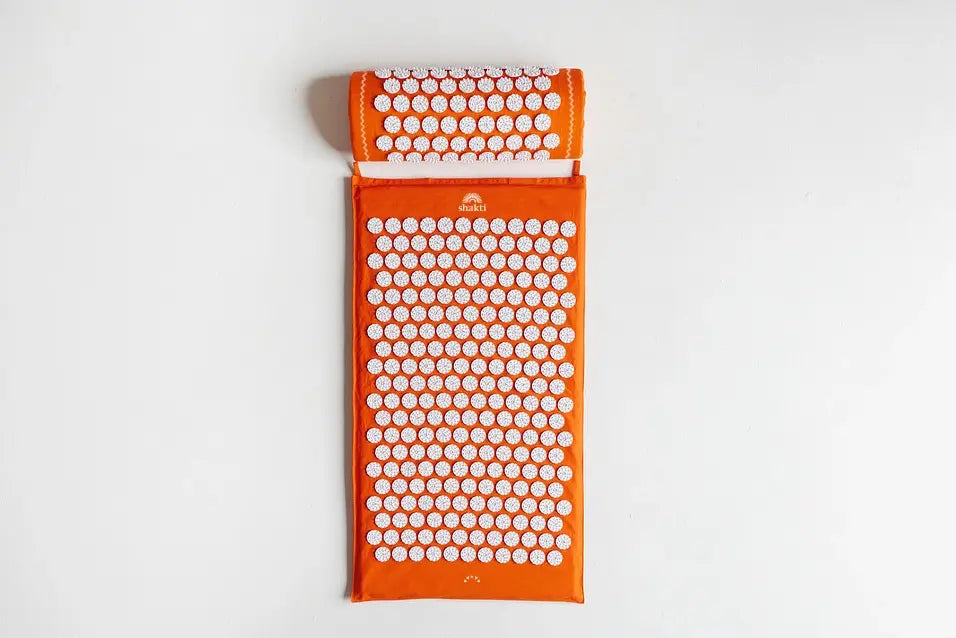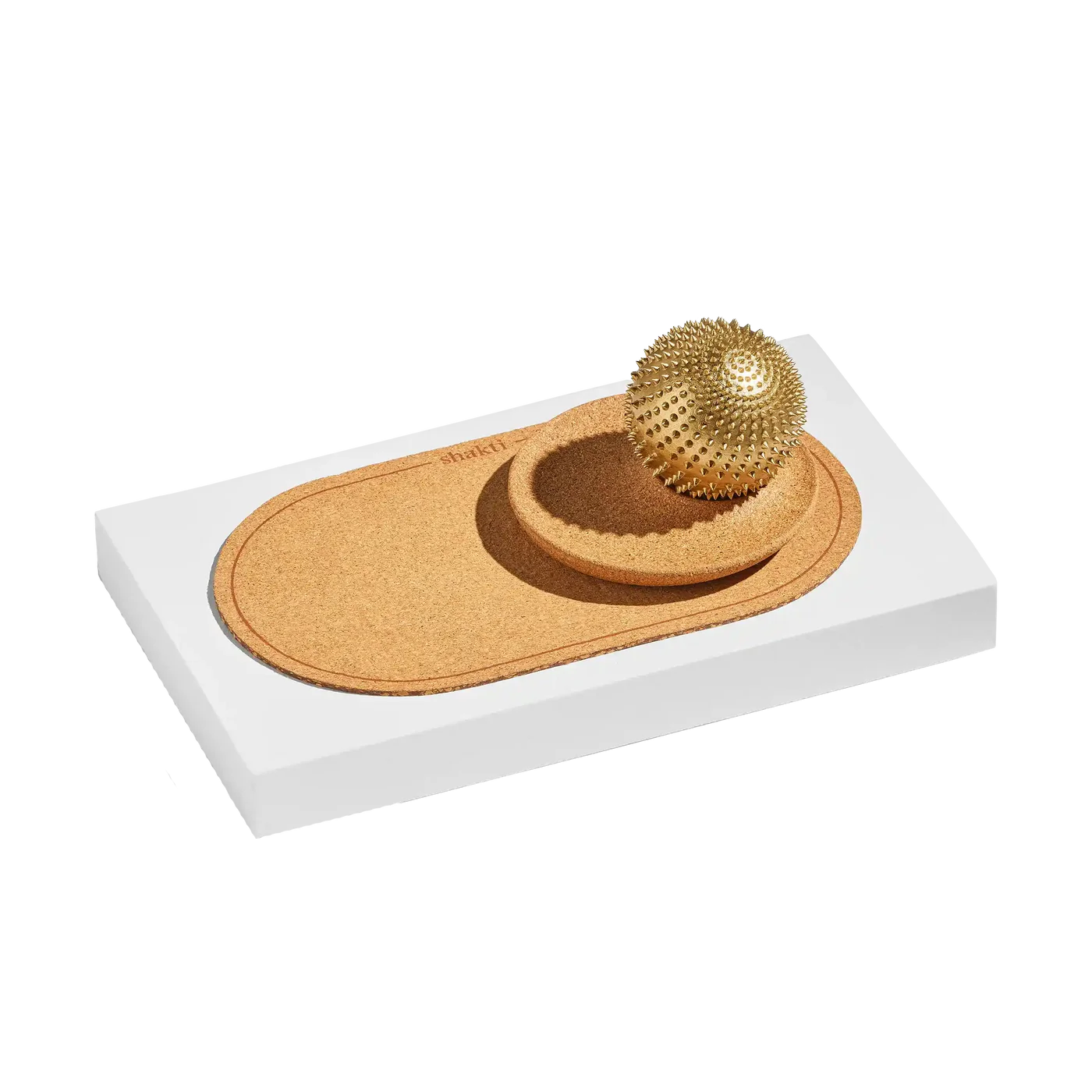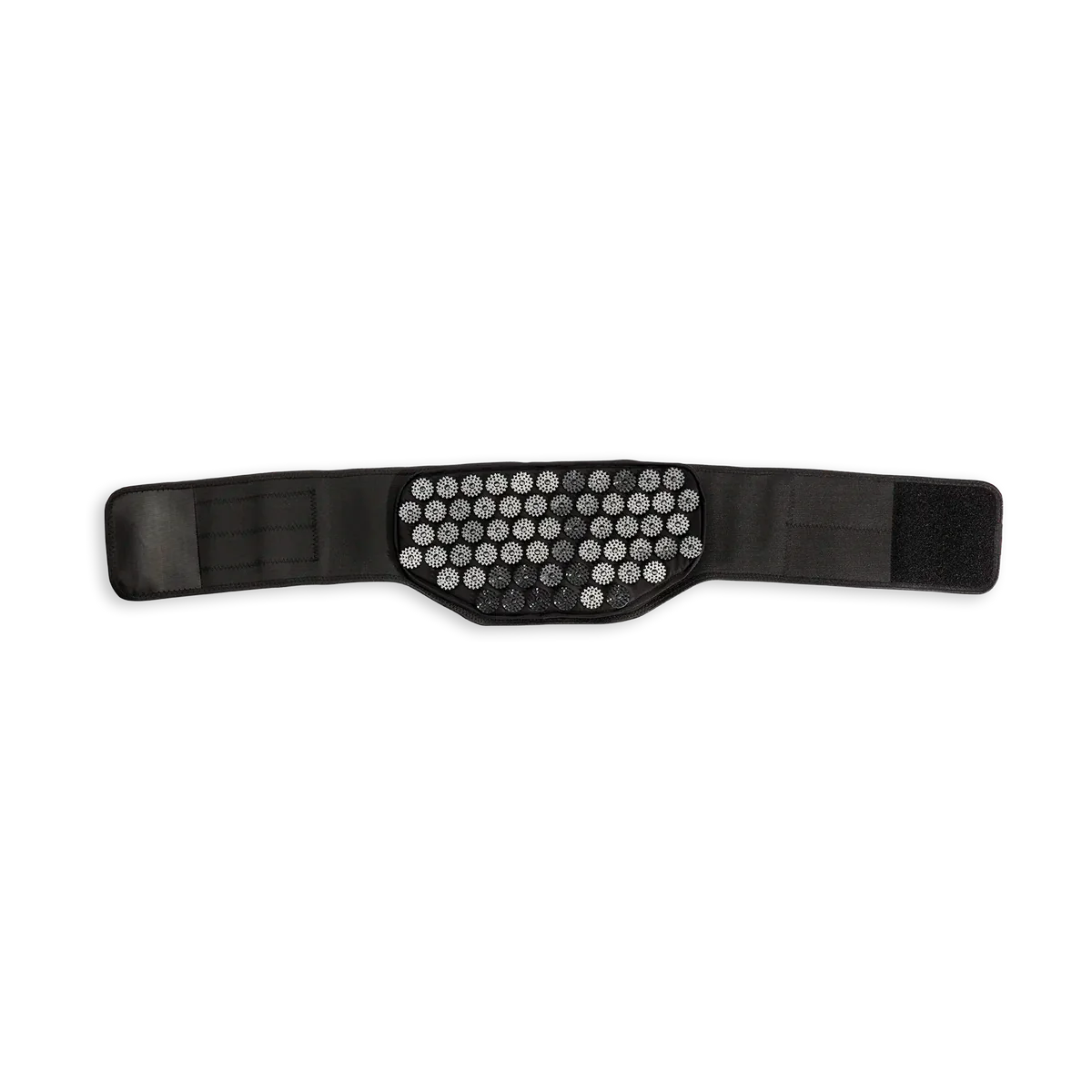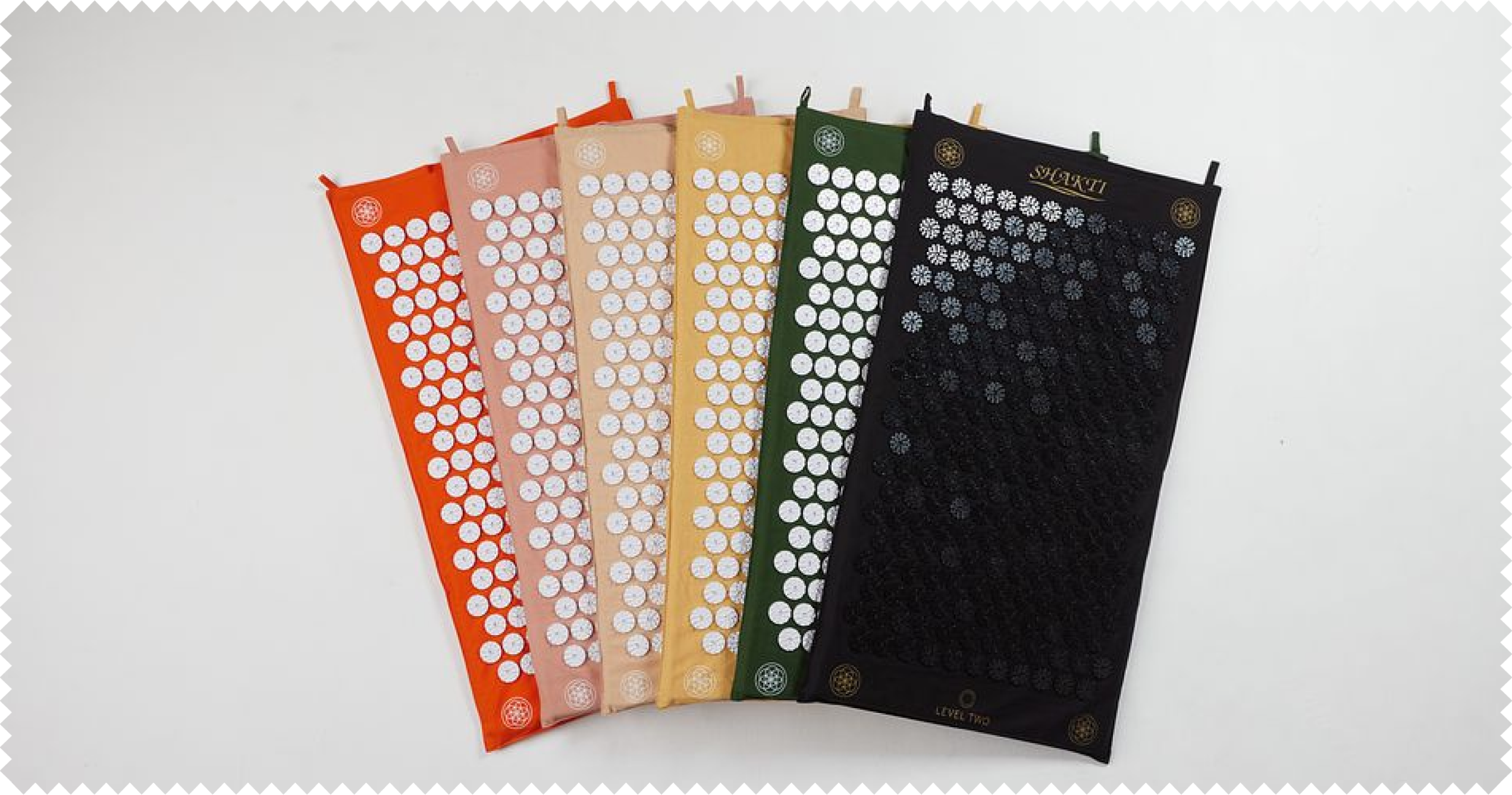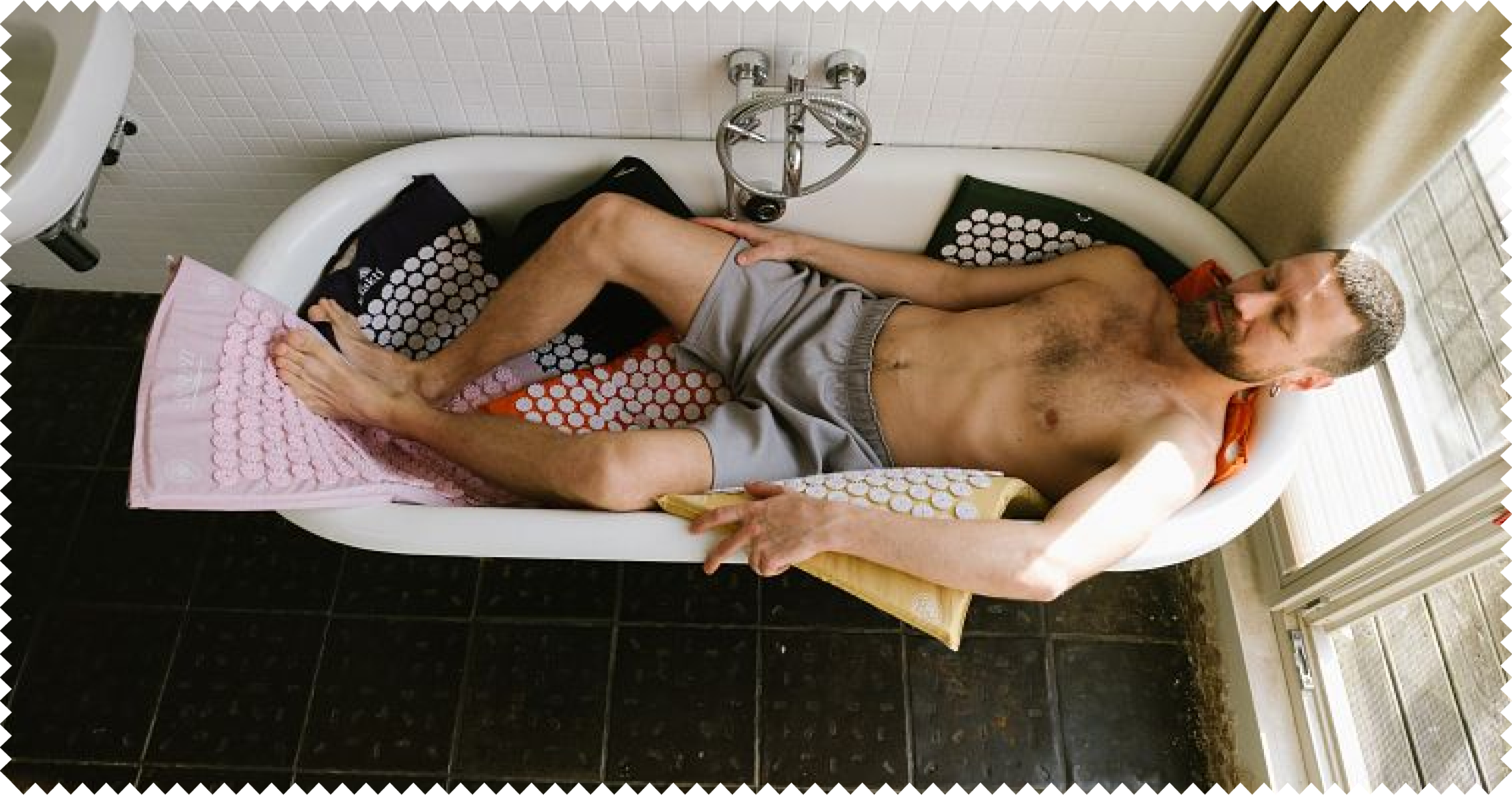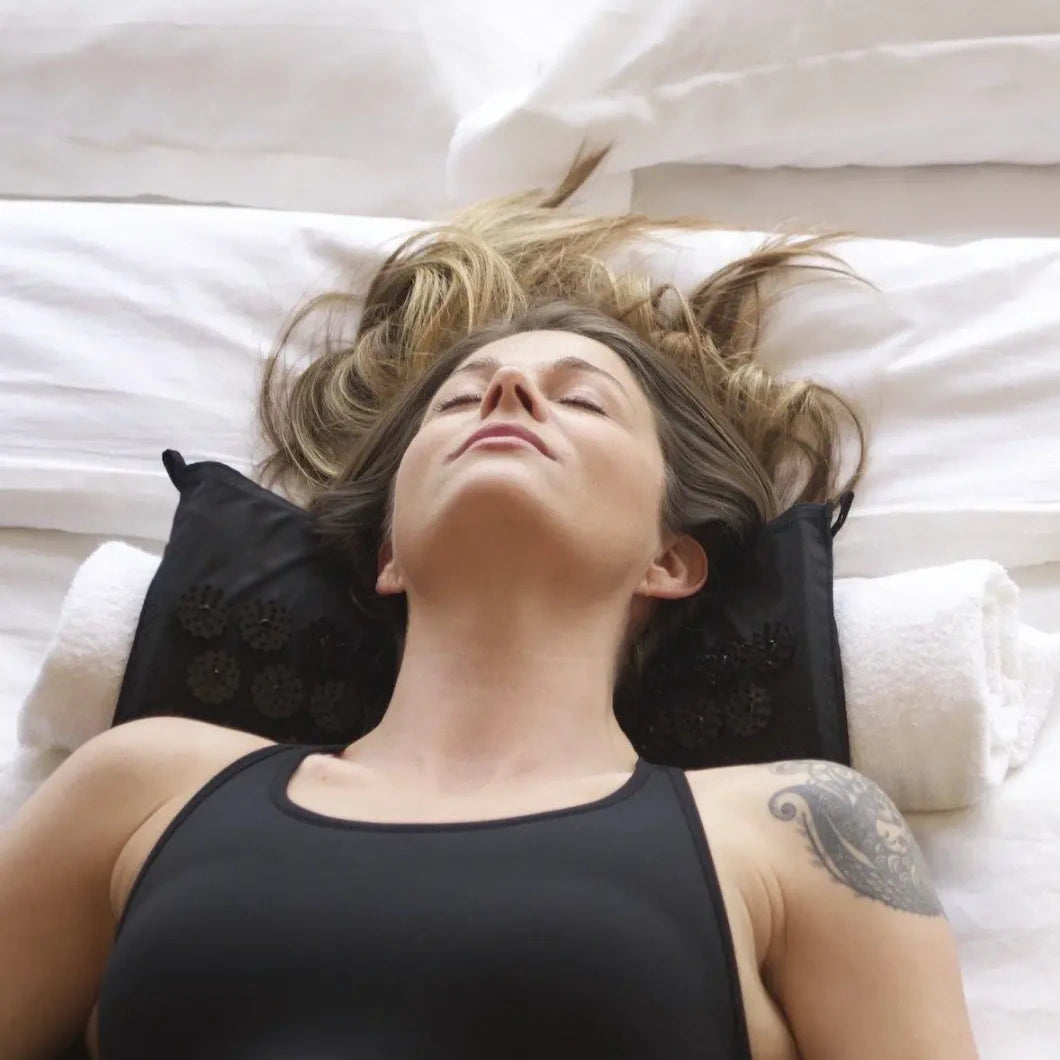Then we have the right tips for you! But before we get started, we would like to clarify something. Colloquially, we often talk about a pinched nerve. Usually when sudden and stabbing pain occurs. However, this pain can also have other causes. It is rather rare for a nerve to actually be pinched. It is much more common for muscle tension to trigger this pain. The hard muscle area then exerts excessive pressure on the surrounding nerves - and it feels to you as if a nerve has been pinched. We would now like to take a closer look at both cases, i.e. the actual pinched nerve and the "felt" pinched nerve (muscle tension), and show you practical tips for pain relief.
Content
1. pinched nerve: recognizing symptoms
2. pinched nerve: focus on the back
3. pinched nerve - what to do?
4. relaxation helps... and is easy to have
Pinched nerve: recognize symptoms
When symptoms occur, the first question that naturally arises is: How does a pinched nerve feel? If you have a pinched nerve - also known as nerve compression syndrome - this can of course manifest itself in different ways, depending on which nerve is affected. Here are some general symptoms that may indicate that you have a pinched nerve:
- If a nerve is pinched, this is often accompanied by numbness or tingling in the areas that the nerve normally supplies. This can affect both the skin and deeper structures such as muscles.
- Pain is a common symptom when a nerve is pinched. The type of pain can vary, from a dull, pulling pain to a stabbing or even burning sensation.
- If a nerve is pinched, this may also cause muscle or movement weakness in the areas it supplies. This can lead to restricted movement.
- In addition to numbness and tingling, other sensations are possible as soon as a nerve is pinched, for example the feeling of ants crawling on the affected area or a very unpleasant electrical sensation.
- Depending on which nerve is pinched, the pain may radiate from the actual source of the compression. For example, a pinched sciatic nerve in the lower back can cause pain along the leg.
- Certain movements or activities may also aggravate the pain. For example, a pinched nerve in the neck can cause pain when the head is turned.
Pinched nerve: back in focus
A nerve can be pinched or compressed at various points in the back, leading to different symptoms. A slipped disc is one of the most common causes of a pinched nerve in the back. It occurs when the soft core of an intervertebral disc moves out of position and presses on the nerve root. This can cause pain, numbness, tingling and muscle weakness in the areas supplied by this nerve.
However, muscle tension is often the cause of pain, especially in the back. As already described, it may feel to you as if a nerve has been pinched, but it is actually hardened muscle structures that are pressing on the surrounding nerves. A "pinched nerve" in the back or a pinched nerve in the neck caused by muscle tension can therefore occur in virtually any back or neck muscle. The good news is that you can counteract this by relaxing your muscles, for example with stretching exercises, but also with massages or acupressure. We will come to the topic of "releasing a pinched nerve in the back" or "releasing a pinched nerve in the neck" in more detail in a moment.
Pinched nerve - what to do?
You have pinched a nerve and are now unsure: will a pinched nerve go away on its own? The ability of a pinched nerve to heal on its own depends on a number of factors, including the cause of the compression, the severity of the symptoms and the individual body's response. In some cases, mild forms of nerve compression are only short-term and improve on their own. If the cause of nerve compression is temporary, such as muscle strain, excessive stress or poor posture, symptoms may subside on their own once the triggering factors are addressed. Certain self-help measures such as rest, correct posture, an ergonomically designed workstation, stretching exercises, heat or cold applications all contribute to pain relief. Mild symptoms of a pinched nerve can improve within a few days or weeks.
However, if the symptoms last longer, increase in intensity or affect your quality of life, medical advice should be sought. If you have a pinched nerve, it is best to consult a neurologist or orthopaedist who specializes in nerve and muscle disorders. The doctor will carry out a physical examination to clearly identify the source of the discomfort.
Relaxation helps... and is easy to have
If a nerve is pinched, in some cases this requires targeted treatment to alleviate the symptoms and eliminate the nerve compression. This may include physical therapy, medication, injections or, in severe cases, even surgery. However, as already mentioned, the pinched nerve is often not actually pinched, but is affected by muscle tension. You can remedy this yourself by loosening and releasing these tensions. A session on the Shakti Mat acupressure mat, for example, can help you loosen up your muscles. The many spikes stimulate blood circulation and thus promote relaxation of the entire back and neck muscles. Our extra tip: not sure whether your pinched nerve requires heat or cold to reduce pain? If it's muscle tension, you should use heat to relax and relieve the pain.
Of course, the question then arises: how long does it take for a pinched nerve to recover? There is no general answer to this, as you can probably imagine. If the nerve is pinched due to muscle tension, you can take the measures already mentioned and take action yourself. If you work diligently to loosen the affected muscles, for example by regularly lying on the Shakti Mat acupressure mat or doing suitable stretching exercises, you will usually see a rapid improvement. Our pro tip: If you have a pinched nerve, it is best to establish a fixed relaxation routine. You do this, of course, primarily to relieve your pain. However, you should also stick to this routine when the "pinched nerve" is no longer bothering you. This ensures that your body is permanently relaxed. The result: cramped muscles, and therefore pinched nerves, will soon no longer be an issue for you.


